Foxconn resumes iPhone SE production in Shenzhen
The week-long lockdown is said to have had next to no effect on Foxconn’s clients
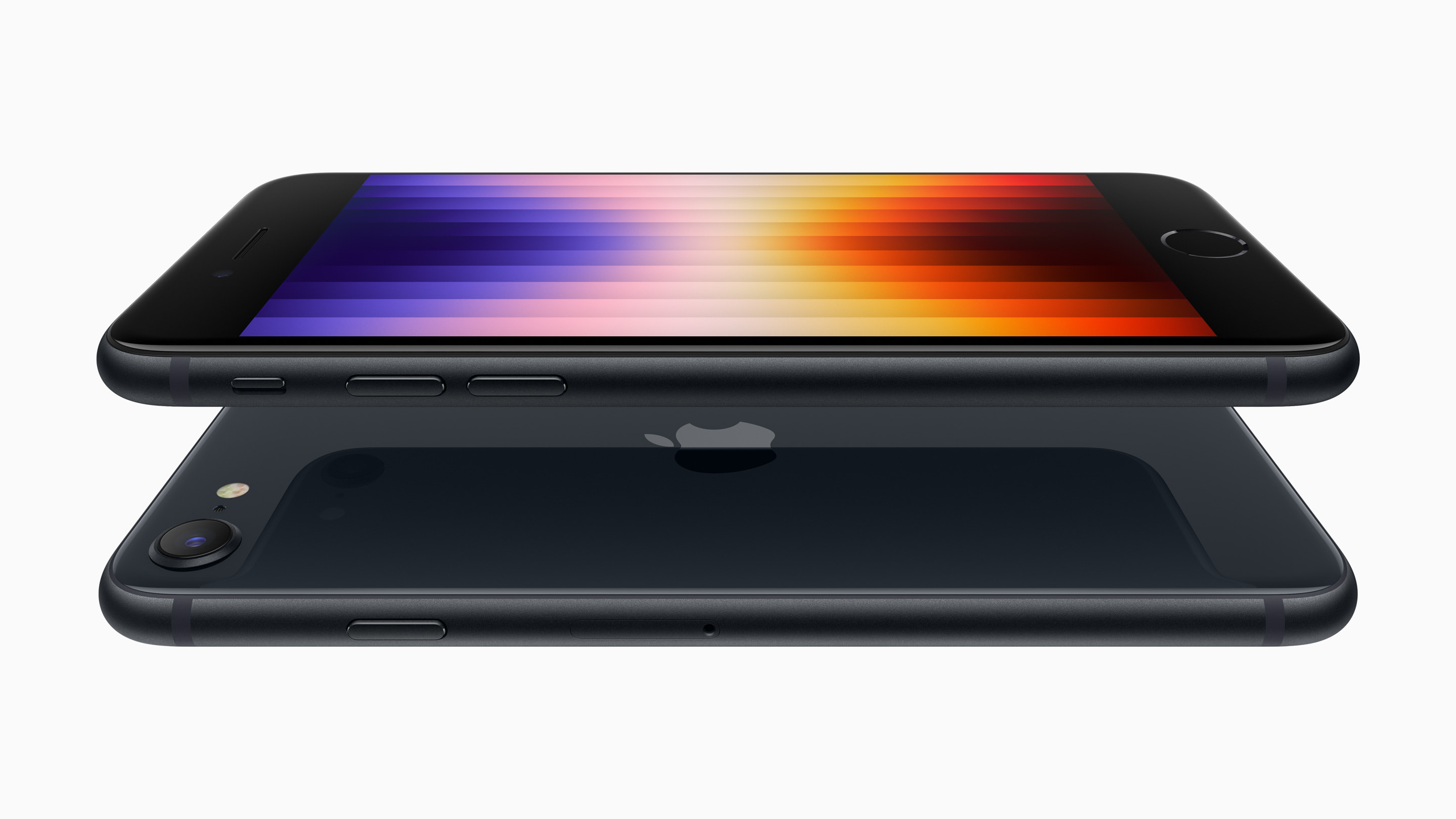

Foxconn has resumed production of Apple products, including the new iPhone SE and MacBook Air, following a week-long lockdown in manufacturing hub Shenzhen.
The company said that work in the affected factories "basically resumed normal work order and production operations". However, it added that it's subject to the local government’s “epidemic prevention policies and strictly implementing epidemic prevention and control", in a statement seen by Reuters.
Under these conditions, factory workers have been asked to limit outside interactions by living and working in a bubble, while high-risk employees are allowed to work from home.
To aid this, the Shenzhen Municipal Industry and Information Technology Bureau announced on Monday that it will provide 70 types of free software that aim to “facilitate remote work”.
It comes as Shenzhen Municipal Government deputy secretary general Huang Qiang allowed “all government agencies, public institutions and businesses in Shenzhen, except part of Futian District” to reopen on Monday.
Shenzhen’s public transport services, including buses and underground trains, have also resumed operations, but are subject to a review scheduled for 27 March.
The city of 13 million people reported 44 new locally-transmitted COVID-19 cases on Sunday, including 11 asymptomatic infections.
Get the ITPro daily newsletter
Sign up today and you will receive a free copy of our Future Focus 2025 report - the leading guidance on AI, cybersecurity and other IT challenges as per 700+ senior executives
However, three rounds of citywide mass COVID testing carried out in the last week determined that the majority of new cases were discovered among quarantined residents, with the situation described as “grim but generally under control”.
The week-long lockdown had next to no effect on Foxconn’s clients, which include Apple, Cisco, Dell, Huawei, and Microsoft, with the disruption being minimal in comparison to the region’s COVID case surge of early 2020.
21/03/2022: iPhone SE, iPad Air shipments potentially hit by Foxconn factory closure
Shipments of the latest iPhone SE and iPad Air could be delayed following the closure of a Foxconn factory due to a surge of Covid cases in mainland China.
Authorities placed the tech hub city of Shenzhen, home to 13 million people, on lockdown on Sunday that is expected to last until at least 20 March.
Non-essential businesses have been ordered to shut down or work from home, meaning that the Apple supplier’s largest factory is suspending operations until further notice.
Located in the Longhua Town district of Shenzhen, the manufacturing plant, also known as “Foxconn City”, employs as many as 450,000 workers and is known to assemble Apple smartphones and tablets.
This includes the latest 5G-enabled iPhone SE and iPad Air, which were announced last Tuesday during Apple’s Peek Performance event. Pre-orders for both products opened on Friday, 11 March, with deliveries commencing on 18 March. However, these timeframes could now be delayed by the lockdown restrictions.
Apple’s online store currently places the delivery for the iPad Air at 2–3 weeks, with 4 business days for the iPhone SE for US and UK customers. IT Pro has contacted Apple for clarification whether these dates take the factory closures under account.
Foxconn, formally known as Hon Hai Precision Industry, is reported to be moving production to backup manufacturing plants. This includes its Zhengzhou factory in northern China, which accounts for 80% of iPhone assembly, with the capacity to produce 500,000 phones a day, according to the South China Morning Post.
Foxconn could also be granted the right to reopen under a "closed management" system, where staff live and work in a bubble and isolate themselves from the wider public, according to Reuters. The company’s Shenzhen factory is known to provide dormitories and vast canteens for its employees, with around one in four workers estimated to be living within the factory’s walls in 2012, according to The Atlantic.
Technology analyst Paolo Pescatore of PP Foresight told IT Pro that “no one is immune to supply chain disruption”, which “remains an ongoing challenge for all businesses”.
RELATED RESOURCE

Delivering on demand: Momentum builds toward flexible IT
A modern digital workplace strategy
However, Pescatore noted that, “to date, Apple has done a good job in managing this issue while bringing new products to market”.
The “record revenue for its last quarter is a testament to this belief against a supply side crunch”, he added.
CCS Insight chief analyst Ben Wood described the current "turbulence in the manufacture and supply of mobile phones" as "relentless":
"Just as we started to see some light at the end of the tunnel on chipset supply shortages the consumer electronics industry now faces a double whammy of the Ukraine conflict and the covid-related shutdown in the Jilin province and Shenzhen," he told IT Pro.
According to Wood, the Chinese government's decision to implement lockdown restrictions in Shenzhen "will undoubtedly disrupt the supply of consumer electronics".
"Apple supplier Foxconn has already said it is halting operations at its Shenzhen sites and has not provided a clear timeline for when factories will open again. However, it's not just Apple that will be affected – there are a slew of consumer electronics makers that either have factories in that region or rely on component suppliers who are based there. It’s the last thing they need given the challenges we’ve had over the last 18 months with pandemic-related chip shortages," he added.
Other companies that could be affected by the Shenzhen factory closure include Foxconn customers Cisco, Dell, Huawei, and Microsoft.
The plant became subject of controversy due to the reports of 18 reported suicide attempts in 2010 alone caused by poor working conditions.
Having only graduated from City University in 2019, Sabina has already demonstrated her abilities as a keen writer and effective journalist. Currently a content writer for Drapers, Sabina spent a number of years writing for ITPro, specialising in networking and telecommunications, as well as charting the efforts of technology companies to improve their inclusion and diversity strategies, a topic close to her heart.
Sabina has also held a number of editorial roles at Harper's Bazaar, Cube Collective, and HighClouds.
-
 CISA issues warning in wake of Oracle cloud credentials leak
CISA issues warning in wake of Oracle cloud credentials leakNews The security agency has published guidance for enterprises at risk
By Ross Kelly
-
 Reports: White House mulling DeepSeek ban amid investigation
Reports: White House mulling DeepSeek ban amid investigationNews Nvidia is caught up in US-China AI battle, but Huang still visits DeepSeek in Beijing
By Nicole Kobie
-
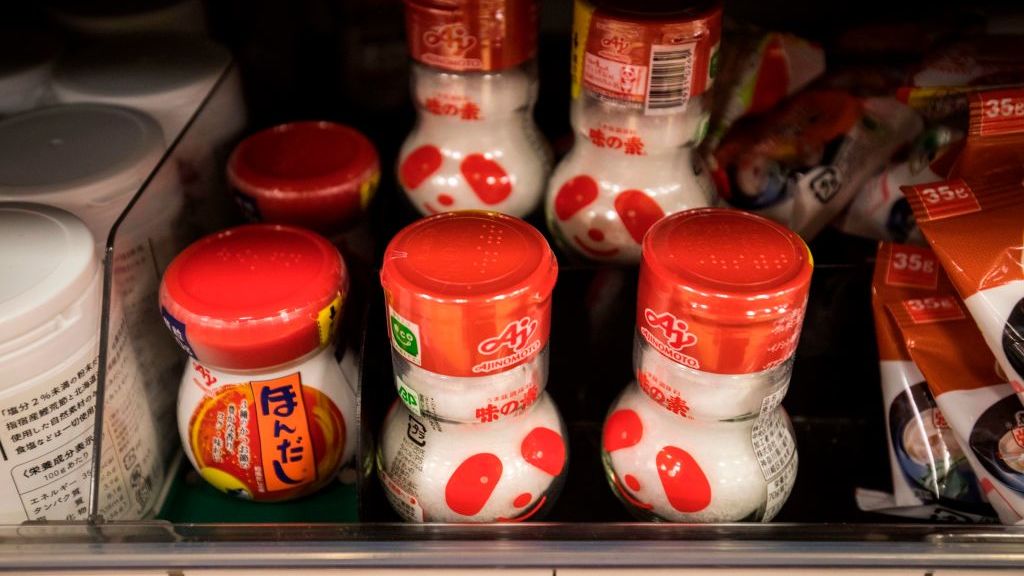 MSG giant Ajinomoto's chipmaking foray helps break financial records
MSG giant Ajinomoto's chipmaking foray helps break financial recordsNews In addition to umami seasoning, the company produces a microfilm insulation used by the semiconductor industry which was repurposed from its amino acid technology
By Zach Marzouk
-
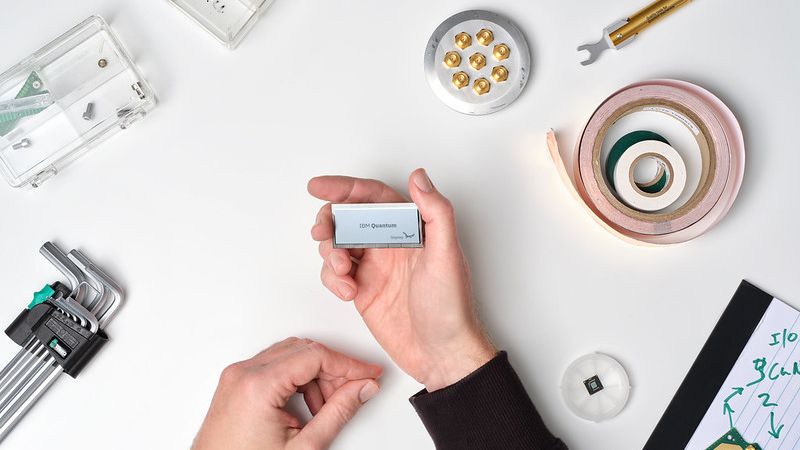 IBM unveils its 'most powerful' 433-qubit quantum processor
IBM unveils its 'most powerful' 433-qubit quantum processorNews The Osprey is three times more powerful than IBM's 127-qubit Eagle processor the company launched a year ago
By Zach Marzouk
-
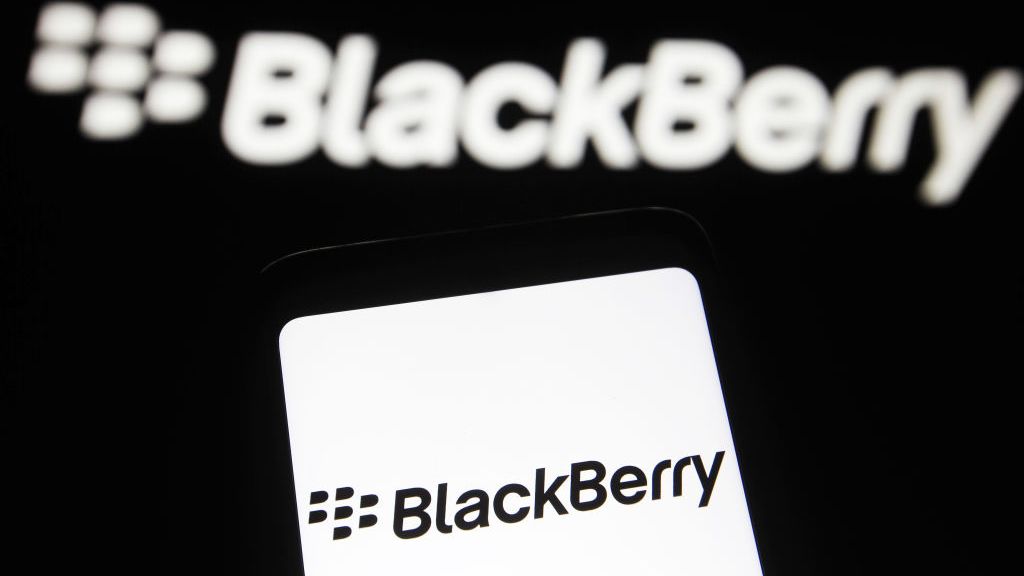 Blackberry revenue falls by 4% as cyber security division takes hit
Blackberry revenue falls by 4% as cyber security division takes hitNews Despite this, the company’s Internet of Things (IoT) division increased its revenue by 28% as it attracted new customers from the automotive sector
By Zach Marzouk
-
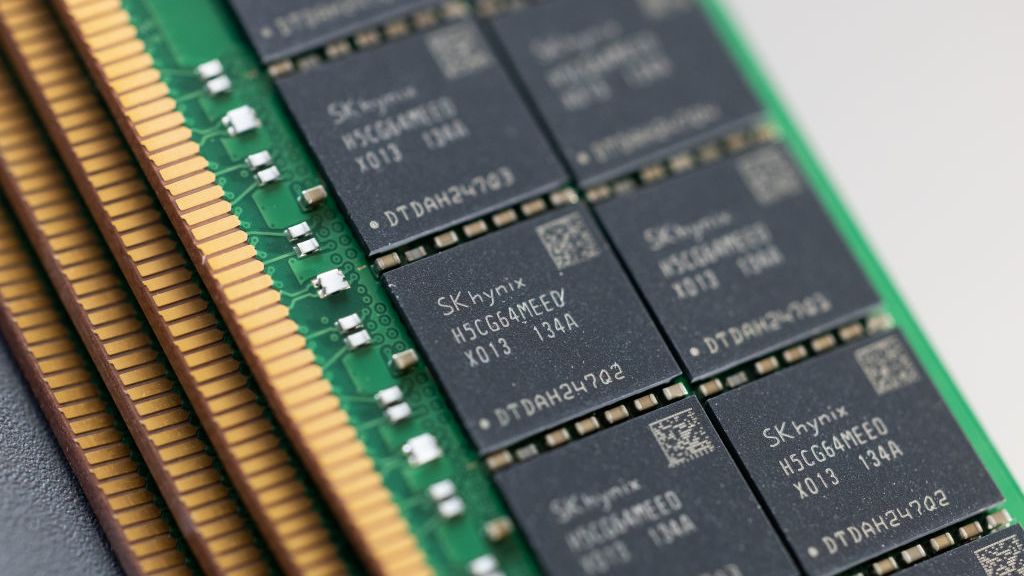 SK Hynix splashes out $11 billion on new semiconductor plant
SK Hynix splashes out $11 billion on new semiconductor plantNews The company will produce memory chips, but will reportedly decided closer to the time whether they will be DRAM or NAND flash chips depending on market conditions
By Zach Marzouk
-
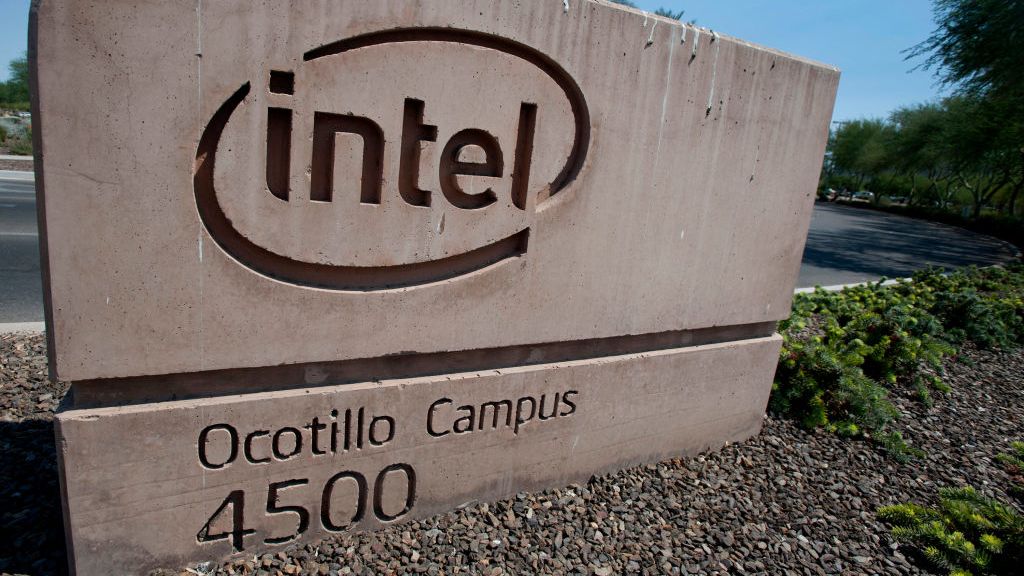 Intel strikes $30 billion private equity partnership to fund Arizona plant expansion
Intel strikes $30 billion private equity partnership to fund Arizona plant expansionNews Brookfield Infrastructure Partners will invest around $15 billion into the expansion of the chipmaker’s Ocotillo campus
By Daniel Todd
-
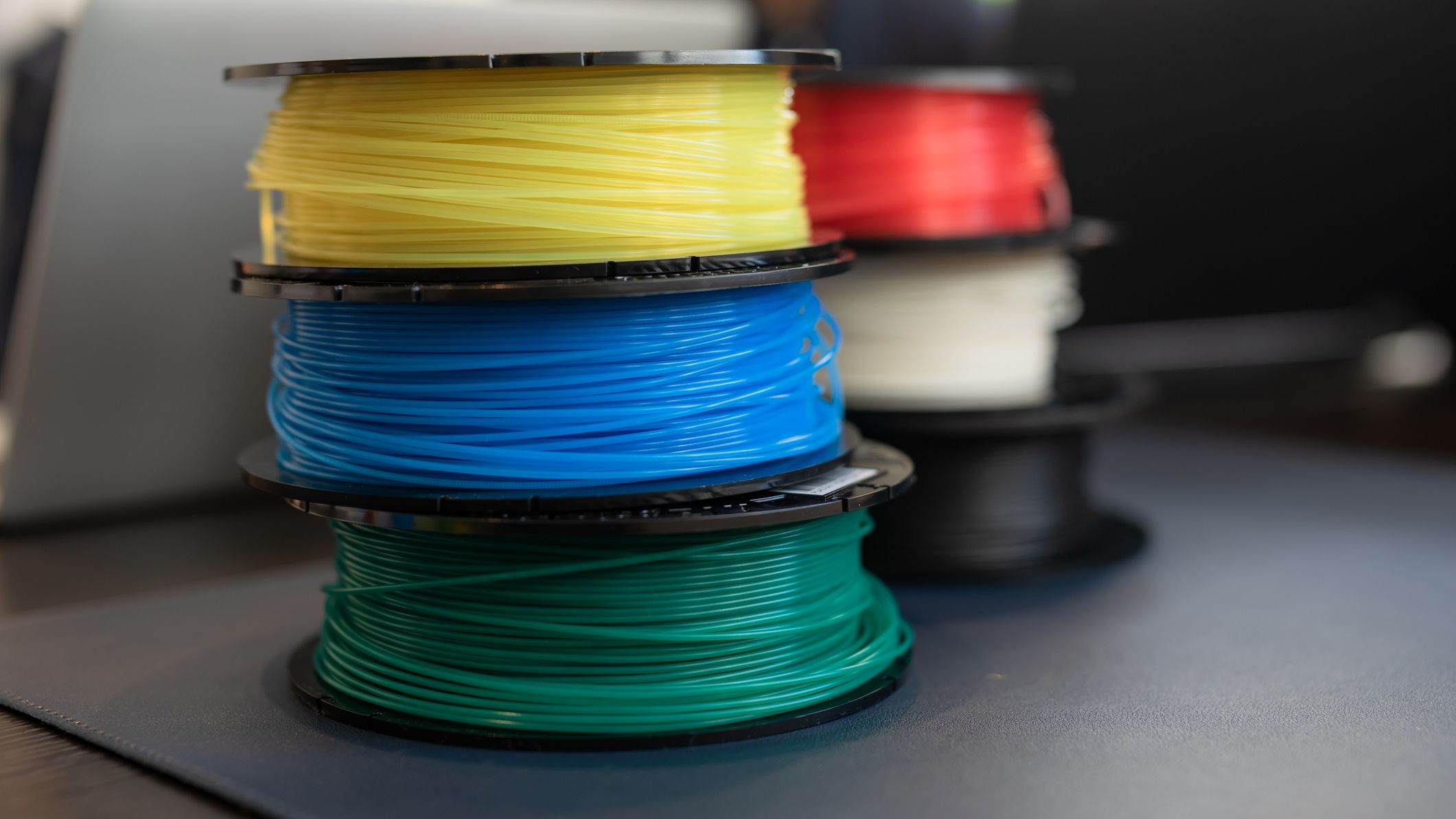 The best 3D printer tools and accessories for your business
The best 3D printer tools and accessories for your businessIn-depth Every business using 3D printers should be aware of these essential extras to raise its output to the next level
By Rory Bathgate
-
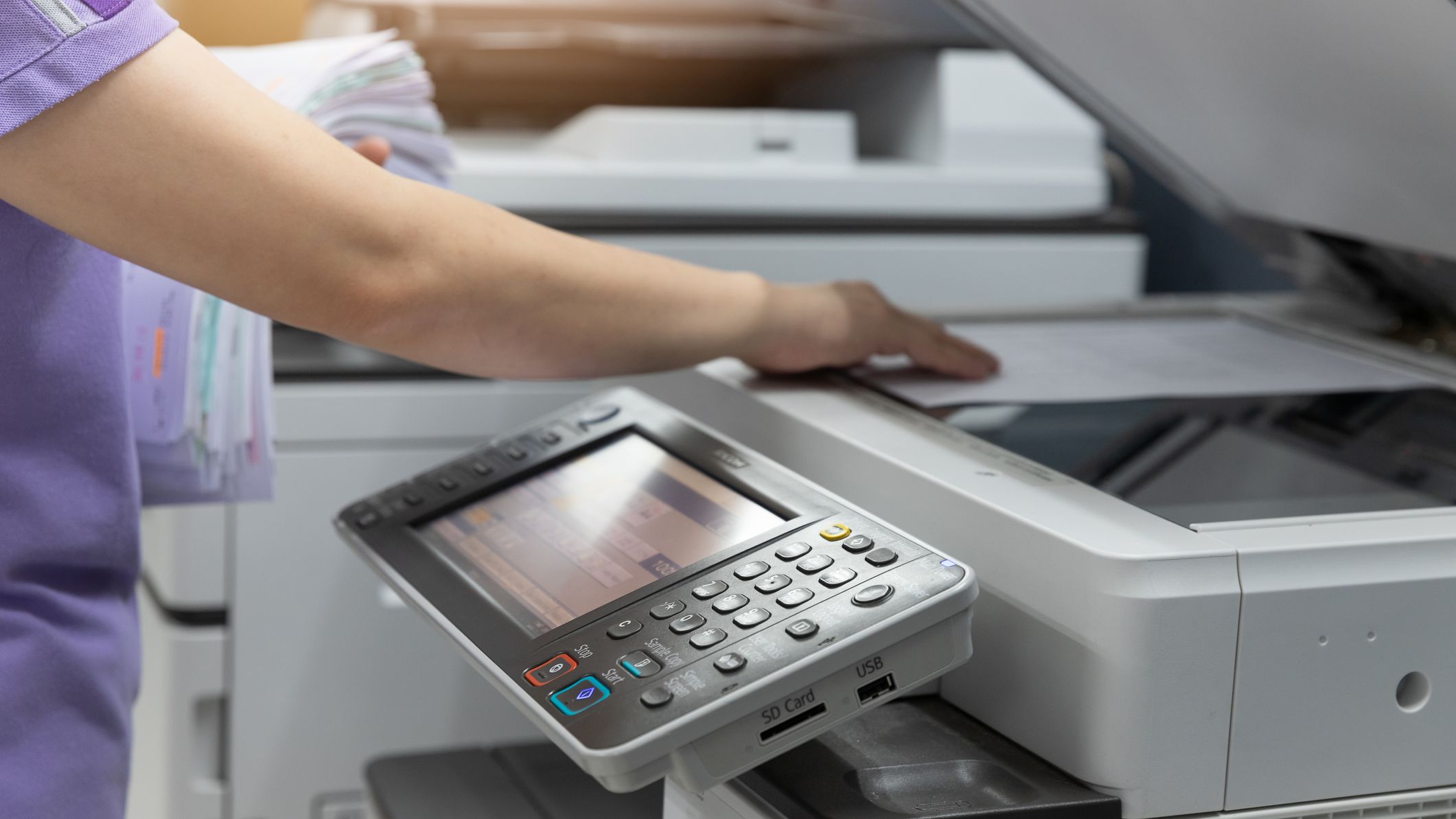 LED vs laser printers: Which is better for business?
LED vs laser printers: Which is better for business?In-depth Laser and LED printer technology is similar, but each come with their own unique benefits that could make them best for your company
By Rory Bathgate
-
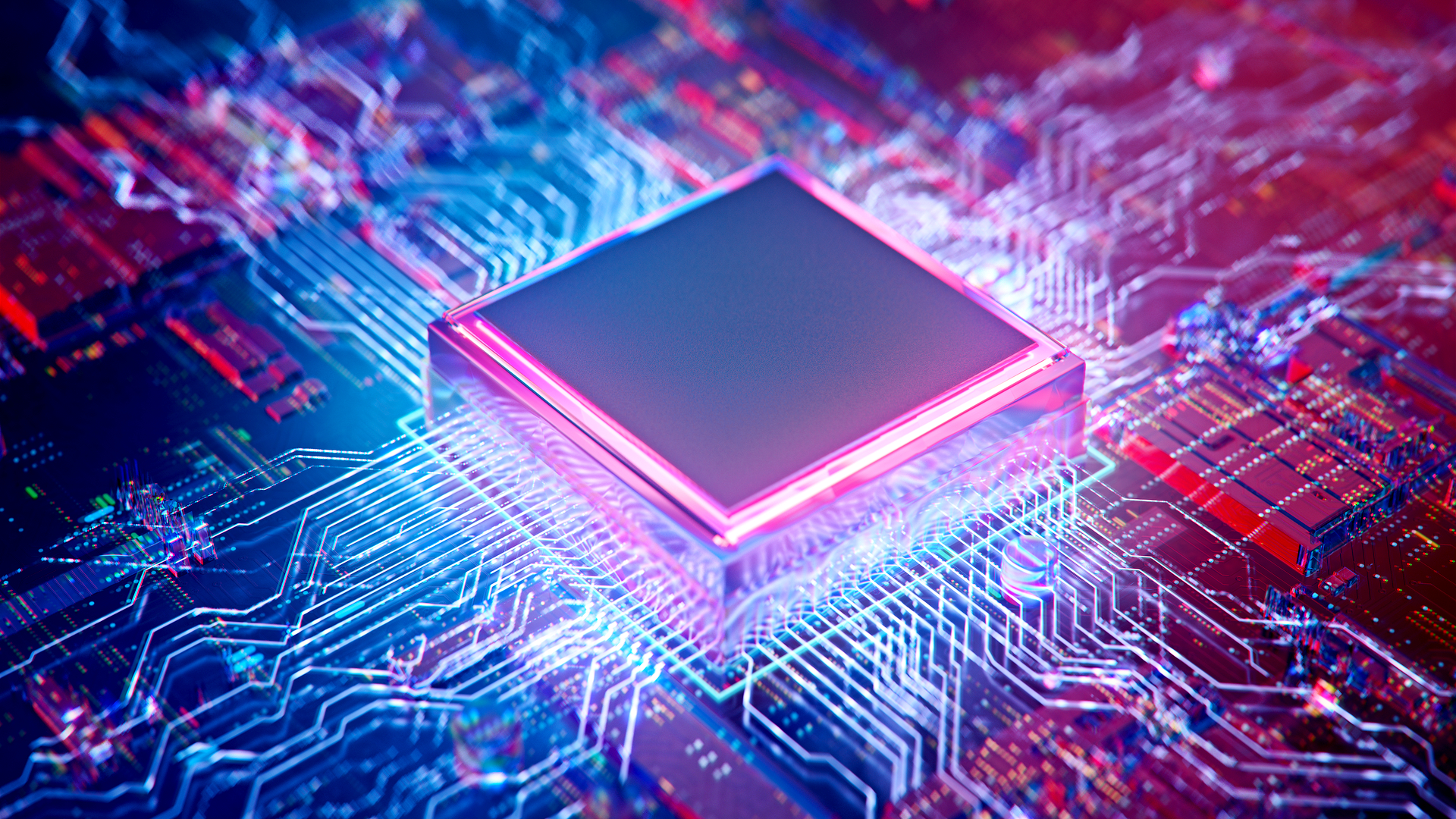 Intel to produce chips for Taiwanese manufacturer MediaTek
Intel to produce chips for Taiwanese manufacturer MediaTekNews The agreement comes after the US chip company managed to secure deals with Amazon and Qualcomm last year
By Zach Marzouk